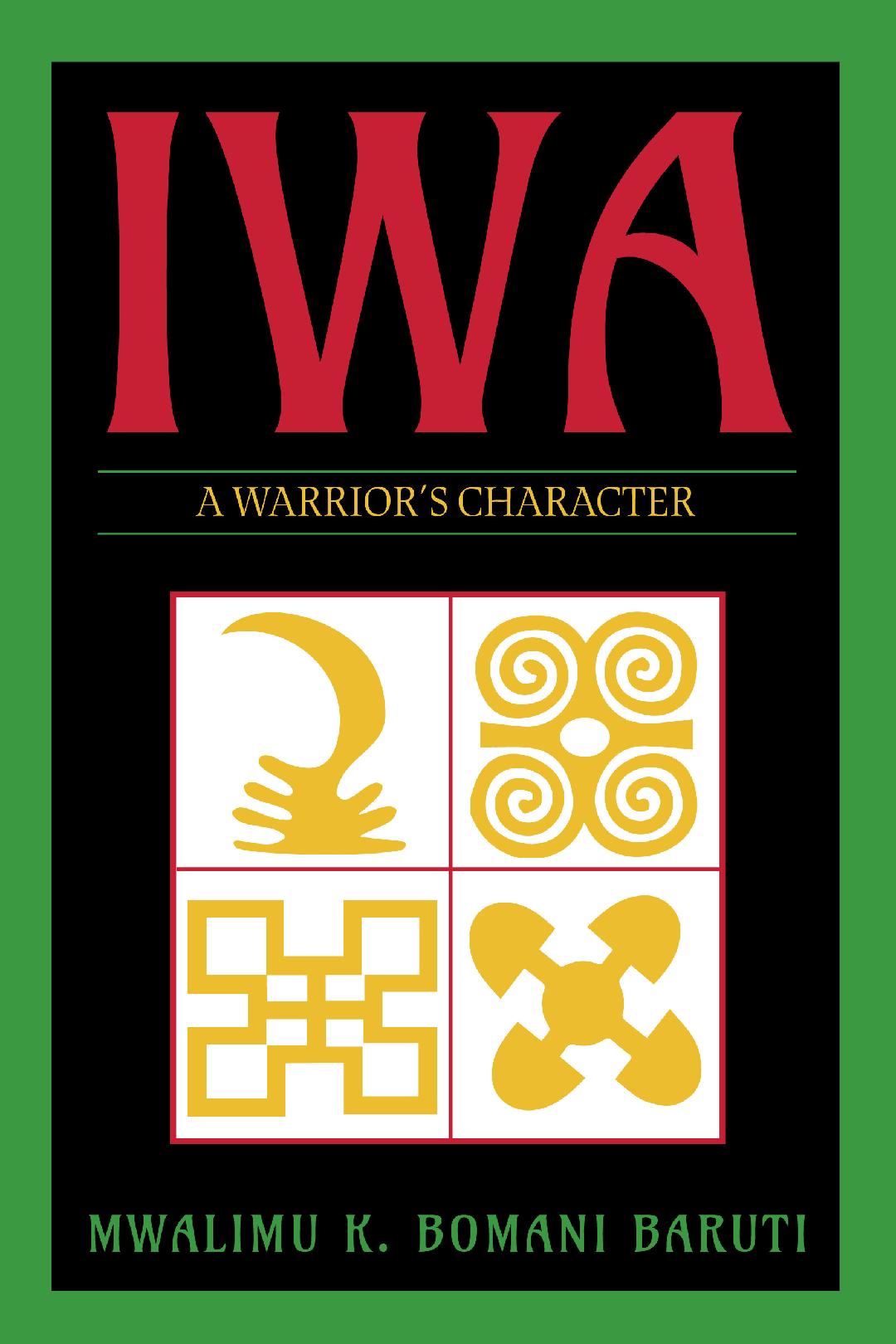-
“Information is not knowledge and knowledge is not wisdom. The transformation of information into knowledge and it, in turn, into wisdom is an epigenetic process. Facts and ideas must be experienced in order to become knowledge, and only through the course of time does it become an even more profound wisdom. (A Brazilian proverb teaches “Knowledge cuts up the world; wisdom makes it whole.”) This natural sequence is a major clue as to what is wrong with western philosophy and, in turn, “progressive” culture. They have confused knowledge and information with wisdom. In looking at the irreconcilable Afrikan-european thinking traditions, they replaced the Efik proverb that “Knowledge is better than riches” and the Kikuyu proverb that “Knowledge is power” into their “information is power.” We, following in their footsteps, have come to accept that accumulated information or knowledge is wisdom. This is not true, or at least not necessarily so. Such a hierarchy fits a cultural anti-aging bias that evolved from a resource-scarce, desperate survival of the fittest, where the elderly became less desirable as community members because of their inability to provide for self or others (as well as the reactionary politics of european elders at any given time when they were able to gain a decidedly powerful political foothold). They came to be seen as liabilities, as undesirable burdens. And, that is why, in this society, the elderly have been forced to politically organize themselves into a very powerful lobbying group. This unnatural hierarchy also fits a progress oriented society where the most rapid, and often most irresponsible due to a lack of experience, change is in the hands of their youth. This model of intentionally and systematically misinterpreting information for knowledge and knowledge for wisdom remains unchanged throughout european history. It is best exemplified by their incomplete “mastery” of the ancient Kemetic Mystery System, which caused them to think that they were wise but in truth and reality their learning was nothing more than a major misaccumulation of Afrikan wisdom. The ancients referred to such people as the “half wise.” Europeans see information as knowledge and wisdom. Afrikan wisdom teaches that children may acquire as many or more clothes as their parents, but they will never have as many rags. In other words, while information can be accessed instantaneously by anyone, only time brings the wisdom necessary to correctly understand and apply information and the knowledge gained from it. Wisdom is a function of time, much time. For Europeans, as a people, it requires much more time than they have claimed to be in the civilized milieu.”



